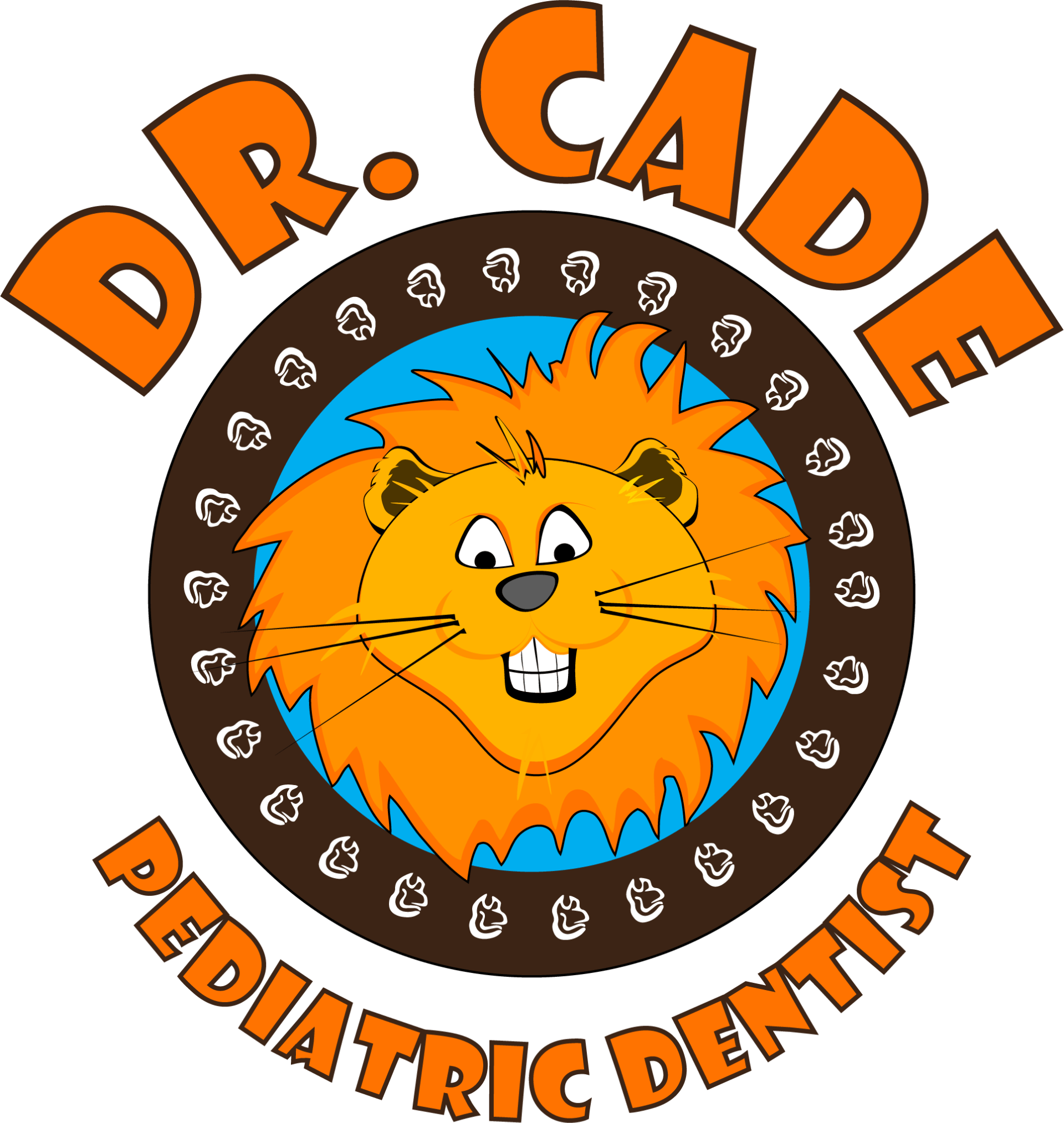Sedation DENTISTRY
If your child is afraid of the dentist, you're not alone. Many children are anxious about dental procedures, which is why pediatric sedation dentistry exists. This type of dentistry uses medication to help children relax during their appointment.
In-Office Sedation
Laughing gas, or nitrous oxide, is safe for pediatric dentistry when used in moderation and under the supervision of a trained professional. Nitrous oxide has been safely used in dentistry for more than 150 years, and it's considered one of the safest sedatives available.
When used correctly, nitrous oxide can help to calm and relax a child who is undergoing dental treatment. It also helps to reduce pain and anxiety. In addition, nitrous oxide does not cause any long-term health problems, and it quickly leaves the body once the gas is turned off.
General Anesthesia
For some patients, we recommend that your child receive general anesthesia to aid in restoring their dental health. Dental restorations are done in surgery under a general anesthetic when your child's cavities are too extensive for local anesthesia, when your child is anxious, or unable to sit still for dental procedures.
On surgery day, you will have interactions with many health care personnel such as nurses and dental assistants. The doctor and an anesthesiologist will be with your child for their entire procedure. An anesthesiologist is a physician whose job is to ensure your child does not experience pain during their procedure and provide safe, optimal conditions during the procedure, both for your child.
Your child's vital signs including breathing, heart rate and blood pressure are monitored constantly and are kept in a safe range, and care will be taken to allow for any special medical conditions that your child may have.
Procedure: What to Expect
Pre-Admission Physical
H&P (History and Physical) must be completed by your child's physician no later than the Wednesday before surgery. The physician's office will need to Fax the completed H&P form to our office at 402-991-6541.
Outpatient Surgery Finance and Scheduling Policy
A $100 dollar deposit is required to reserve your child's appointment for outpatient surgery. This deposit is refundable so long as notice is given at least seven (7) days prior to surgery. In the event that a seven day notice is not given, the deposit will not be refunded. In addition, any estimated portion not covered by dental insurance will be due five (5) business days prior to surgery. Our office has financing options available, which can be reviewed here.
Care After the Procedure
Diet: After a general anesthetic, clear fluids such as half-strength apple juice, water, Gatorade, Popsicles, and clear Jell-0 should be given in small amounts. Crackers, chicken broth, and toast can be introduced slowly. During the first 24 hours following the procedure, please avoid any greasy or spicy foods. If vomiting occurs, do not give your child anything for 2 hours, and then resume clear liquids in small amounts. If vomiting continues, please contact our office at 402-330-1131.
Activity: Your child should be supervised and activity should be limited for the first 24 hours. Bike riding, tree climbing, and other strenuous activities are not permitted the day of the operation. For toddlers, greater supervision of walking and stair climbing may be necessary.
Other:
You may notice that your child has a sore throat or a noisy, barky cough. clear liquids in small amounts should help this. Both the sore throat and cough should reside within 24 hours. If your child has difficulty breathing , please contact your doctor.
CONTACT US
2430 S 179th Street
Omaha, NE 68130
HOURS
- Mon, Thu
- -
- Tue - Wed
- -
- Friday
- -
- Sat - Sun
- Closed
© 2024 Dr. Cade Pediatric Dentist. All Rights Reserved | An Art of Dental Marketing Website | Privacy Policy






